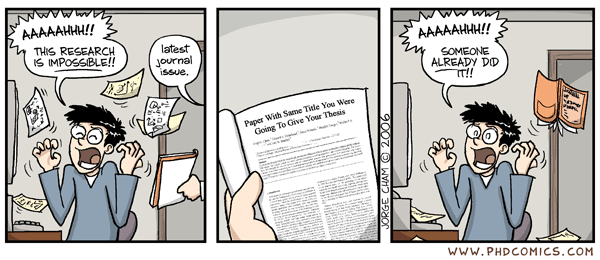The electrochemical interface is a critical zone that enables chemical transformations and is arguably the most vital—yet least understood part of an electrochemical system. Our understanding of electrochemical interfaces remains in its infancy due to their inherent complexity and the limited experimental and computational tools currently available to investigate them. For computational tools to function as accurate microscopes of the electrified interface, it is essential to develop realistic models that can capture the diverse physicochemical phenomena occurring across a wide range of length and time scales.
The DELI Lab aims to leverage atomistic simulations (such as density functional theory, molecular dynamics, and enhanced sampling), accelerated by machine learning-based approaches, alongside mesoscale simulations (microkinetic modeling, kinetic Monte-Carlo) and transport modeling to advance our understanding of electrochemical interfaces. These insights will be used to design next-generation electrochemical interfaces for applications in energy storage and conversion.




